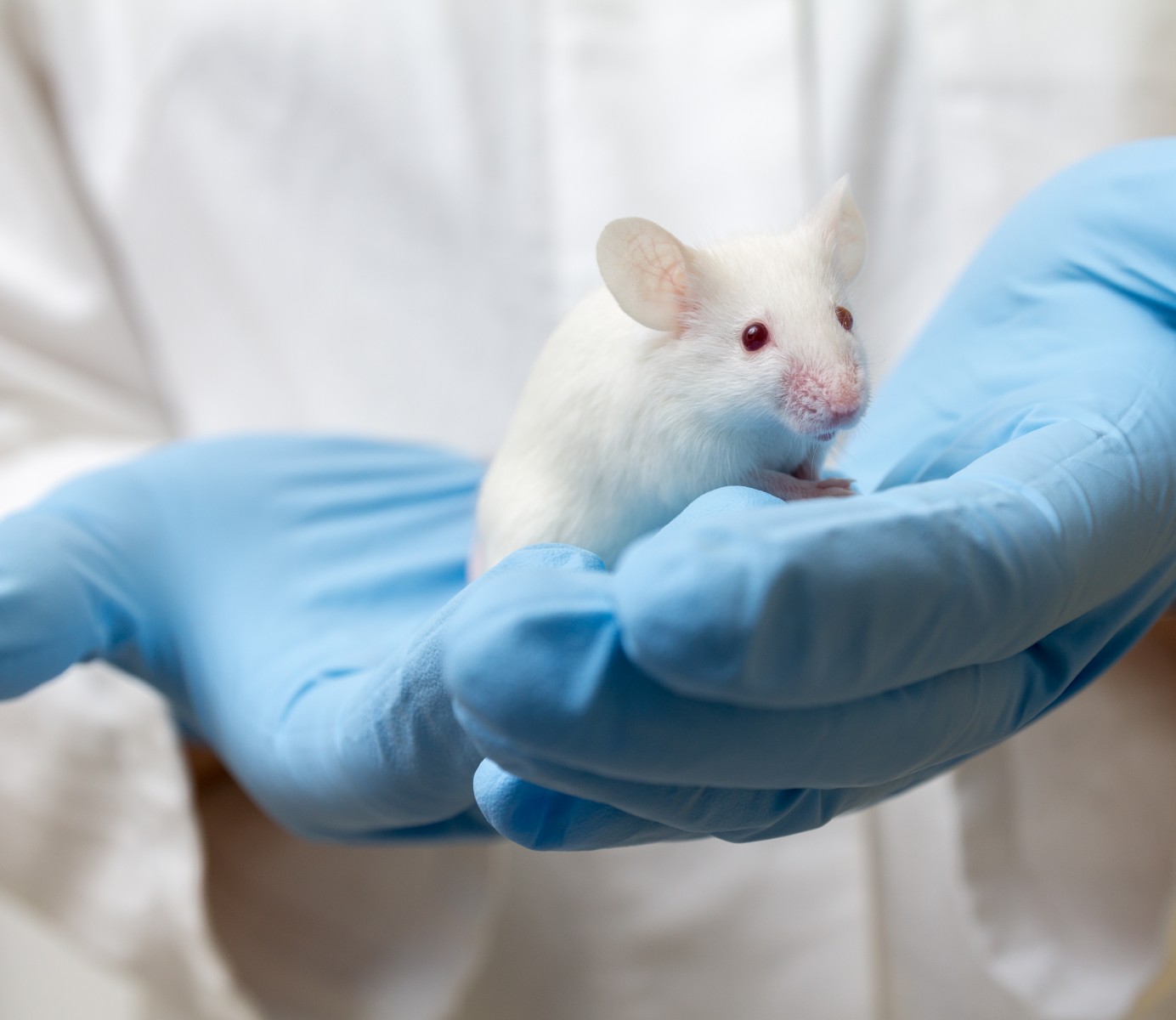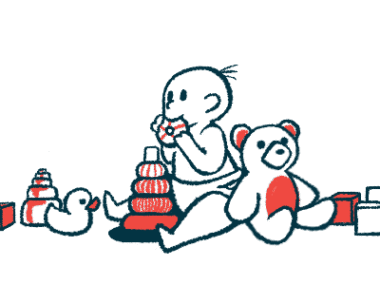Stoke’s TANGO Found to Boost Dravet Protein in Mice Brains
Written by |

The use of TANGO antisense oligonucleotide-based technology, developed by Stoke Therapeutics, resulted in a dose-dependent increase in brain levels of the NaV1.1 protein that is deficient in Dravet syndrome, a mouse study has shown.
This technology can potentially treat the underlying genetic cause of any disease caused by mutations in a single gene.
Based on these TANGO findings, the company currently is enrolling children and adolescents with Dravet syndrome in its Phase 1/2a MONARCH clinical trial.
That trial (NCT04442295) is recruiting up to 48 patients with Dravet, ages 2-18, to investigate the safety, tolerability, and effectiveness of Stokes’ STK-001 candidate therapy, which is designed to prolong survival and reduce the frequency of seizures.
The proof-of-principle TANGO study, “Antisense oligonucleotide modulation of non-productive alternative splicing upregulates gene expression,” was published in the journal Nature Communications.
The majority of people with Dravet syndrome carry mutations in one of the two copies of the SCN1A gene, which contains the instructions for a protein called NaV1.1. The NaV1.1 protein, found on the surface of nerve cells, is important in the transmission of electrical signals in the brain.
As a result of Dravet mutations, only half as much NaV1.1 protein is produced in people with the disease, leading to the overactivation of the nervous system and the development of seizures.
Gene therapy is one therapeutic approach that aims to replace or repair the mutated SCN1A gene, thereby restoring levels of the NaV1.1 protein. Of note, Encoded Therapeutics is currently working to advance ETX101, a gene therapy candidate for SCN1A-related Dravet syndrome.
Meanwhile, Stoke has developed an alternative approach.
Its proprietary technology platform uses antisense oligonucleotides (ASOs) to increase the NaV1.1 protein by targeting its messenger RNA (mRNA), the molecule that carries the DNA information to the sites where proteins are produced.
Here, Stoke scientists described the development of its ASO-based technology — named TANGO, or Targeted Augmentation of Nuclear Gene Output. It has the potential to treat not only the underlying genetic cause of Dravet syndrome, but also other genetic disorders caused by a single defective gene.
“Stoke was founded on the idea that we could use unique insights in RNA biology to do something that has never been done before,” Isabel Aznarez, PhD, Stoke’s co-founder and vice president, and the study’s corresponding author, said in a press release.
“Rather than address genetic diseases by replacing, repairing, or editing faulty genes, we set out to increase — or stoke — protein output from healthy genes,” Aznarez said.
Genes in DNA are first copied (transcribed) into pre-messenger RNA (pre-mRNA), which is further processed to generate productive mRNA and become a template for protein production.
Some pre-mRNAs are processed incorrectly, resulting in non-productive mRNAs, which are then degraded without generating protein.
Stoke’s TANGO technology is based on ASOs, which are small fragments of modified RNA designed to bind to specific regions of pre-mRNA, thus reducing non-productive mRNA and boosting protein production.
In addition to SCN1A, three other disease-related genes were identified as ASO candidates. These genes, which vary in type, gene size, and protein function, are PCCA, SYNGAP1, and CD274.
A variety of ASOs were designed to bind to various regions of pre-mRNA. Those that caused a decrease in non-productive RNA and an increase in productive mRNA were selected for further testing.
Human cells were then treated with increasing doses of two SCN1A ASO candidates, ASO-135 and ASO-136, which resulted in a dose-dependent decrease of non-productive mRNA as well as an increase in productive mRNA and protein production.
The ASOs targeting the PCCA, SYNGAP1, and CD274 genes also achieved dose-dependent increases in productive mRNA and protein.
After confirming the SCN1A-related effects in mouse cells, two-day-old healthy (wild-type) mice were injected with four different doses of ASO-135 and ASO-136.
Five days of treatment resulted in a dose-dependent decrease in non-productive mRNA, an increase in productive mRNA, and a dose-dependent upregulation of NaV1.1 protein in the brains of these mice, compared with controls.
“The observed increased levels of protein in wild-type animals is meaningful,” the researchers wrote.
“In patients with one loss of function [gene], even a small increase of functional protein from the wild-type [gene] could be therapeutically beneficial,” they wrote.
Again, the researchers noted that the benefits found would not be limited to Dravet syndrome.
“The TANGO technology offers a gene-specific approach to treat the underlying causes of severe genetic diseases by precisely upregulating protein expression in cells in which the target gene is naturally expressed,” they added.
Stoke notes that more than 10,000 genetic diseases are caused by mutations in a single gene.
“These data show that we can increase full-length, fully functional protein expression from a variety of healthy genes, which supports our hypothesis and may lead to a new way of treating severe genetic disease,” Aznarez said.





